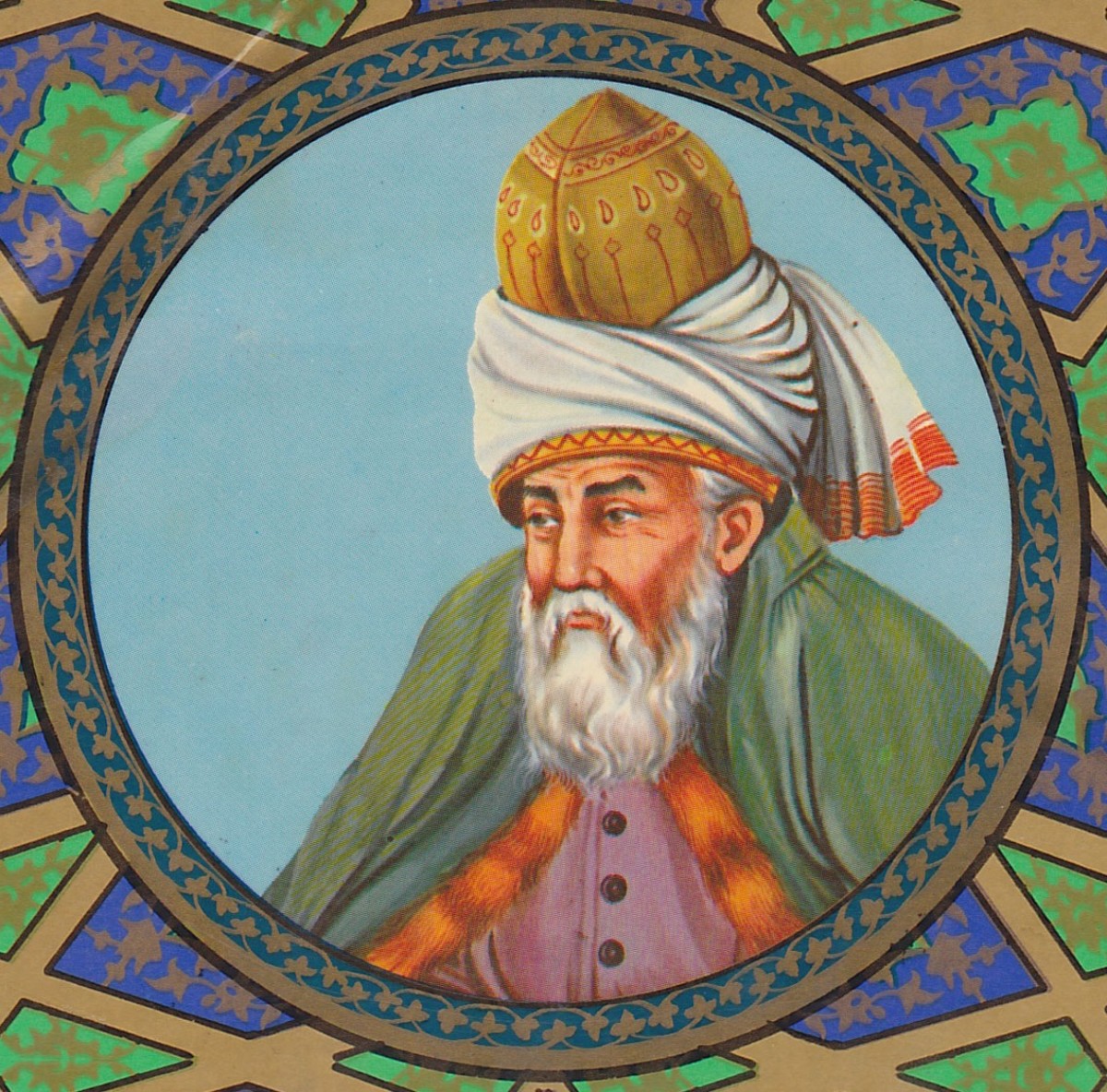Book Review: Noam Chomsky's Who Rules The World?
The eminent
linguist Noam Chomsky, professor emeritus of linguistics and philosophy at MIT,
pours invective at the accepted political narrative promulgated by the
then-Obama Administration. Written before the possibility of President Trump’s
electoral victory cast its ominous shadow over American politics, Chomsky’s
book peels apart the hypocrisy of the American government, evident (provided,
that is, one had the requisite information) since the onset of the Cold War. In
an incisive and searing analysis of contemporary American policies, Chomsky
persuasively substantiates his point: that America, for all its talk of
morality and freedom, actively works against the proliferation of the values
treasured at home. Since the collapse of the Soviet Union in 1991 and the
subsequent end of the ideological conflict, America has found itself embroiled
in one military quagmire after another, destabilizing and radicalizing the very
regions and peoples it criticizes for harboring terrorist intent – showing that
a leopard does not easily change its spots.
The one
thing that strikes a reader is the firmly anti-American stance of Chomsky. To
be specific, his tone is not
anti-American-ideal, but simply opposed to American foreign policy. Most of the
book censures American actions, from its sponsored massacres in Latin America,
to its abortive Bay of Pigs Invasion, to its contemporary support of the mass
Israeli project of resettlement in the Occupied Territories – a project that
has seen prolonged rapine and murder targeted at the Palestinian population
imprisoned there. There is much sense in what Chomsky writes, and in his
perspective the issues that America faces today are altogether not that
surprising. They are merely the consequences of illegitimate interventionism in
other regions of the world, interventions which are commonly skimmed over and
even omitted in the mainstream media; salient issues like the Iranian nuclear
threat and the heightening radicalism and violence of Islamic Fundamentalism
have their beginnings in the American realpolitik
pursued during the Cold War.
The
explosive nature of the current wave of civil protests against Donald Trump
seems to mirror Chomsky’s disgust at America’s hypocrisy and Janus-faced
political machinations. One comes away from Chomsky’s book thinking that he
would have approved of such public outcry against the policies Obama himself
sanctioned – such as the liberal use of drones for the purposes of
assassination and his firm commitment to backing Israeli actions in the Middle
East. Yet the emotional intensity of the current protests seem to stem from the
public’s disgust at Trump’s obvious manifestations of impropriety, to take for
instance his own actions and words against women. Many of the liberal
perpetrators of such unrest firmly approve of Obama – yet this seems to be more
a result of their rejection of Trump than because of any personal approbation
they might have for Obama. What is conveniently forgotten is that Obama had
shown himself as much of a vicious proponent of violence around the world, although
undertaken to preserve America’s predominant position in global politics. Yet
violence is violence; Trump may be a lesser politician, but his no matter his
apparent proclivity towards making radical or ‘tough’ decisions, it would be
difficult to prove that these are in essence more violent than what Obama had
himself sponsored.
‘Who Rules the World?’ aggressively deconstructs the layers comprising American Exceptionalism; that is, the idea that
America is somehow unique – a beacon of liberty and proponent of moral
propriety in what would otherwise be a global order functioning as a Hobbesian state of nature. Conventional American
thinking takes it for granted that America is a country built according to
ideals, that it discharges its bilateral and multilateral relations according
to reasonable values and that it polices the world by invoking a respect for
the so-called impartial rule of law.
It is thought that leadership by the US is somehow inherently better than by
that of any other country simply because of its moralistic conception of world
order. Chomsky shows that this is not so. America is a country that, just like
any other, thrives on falsifying information and destroying its enemies as
completely as its old adversary, the Soviet Union, the main difference being
that its skill at propaganda is far more developed. It foments violence under
the guise of promoting democracy and freedom, always careful not to reveal the
fact that such governments (even those erected through democratic institutions
like elections) as it allows must first
and foremost be friendly toward the United States, above all else. From the
CIA sponsored overthrow of the Shah’s government in Iran to the death of the
South Vietnamese Ngo Dinh Diem at the hands of American-supported warlords, America’s security was always and everywhere
placed before the destruction and disorder in other lands.
Perhaps the average
American finds that this is justified, for no country can really be expected to
look out for others at the expense of itself; if this is so, then there is no
need to continue to farce. America can then refrain from propagandizing, for
its ideals are mere chaff when compared to the fundamental rule of
self-interest. Chomsky’s book is essential reading for those who wish to
understand America’s penchant for dissemblance, for therein lies the beginning of
the comprehension of the foundation of the world order.
Reading Description: Empirical and
Argumentative
Get this
book now by clicking here.




Great insight
ReplyDeletevery informative , keep posting more .
ReplyDeleteIELTS Coaching in Chennai